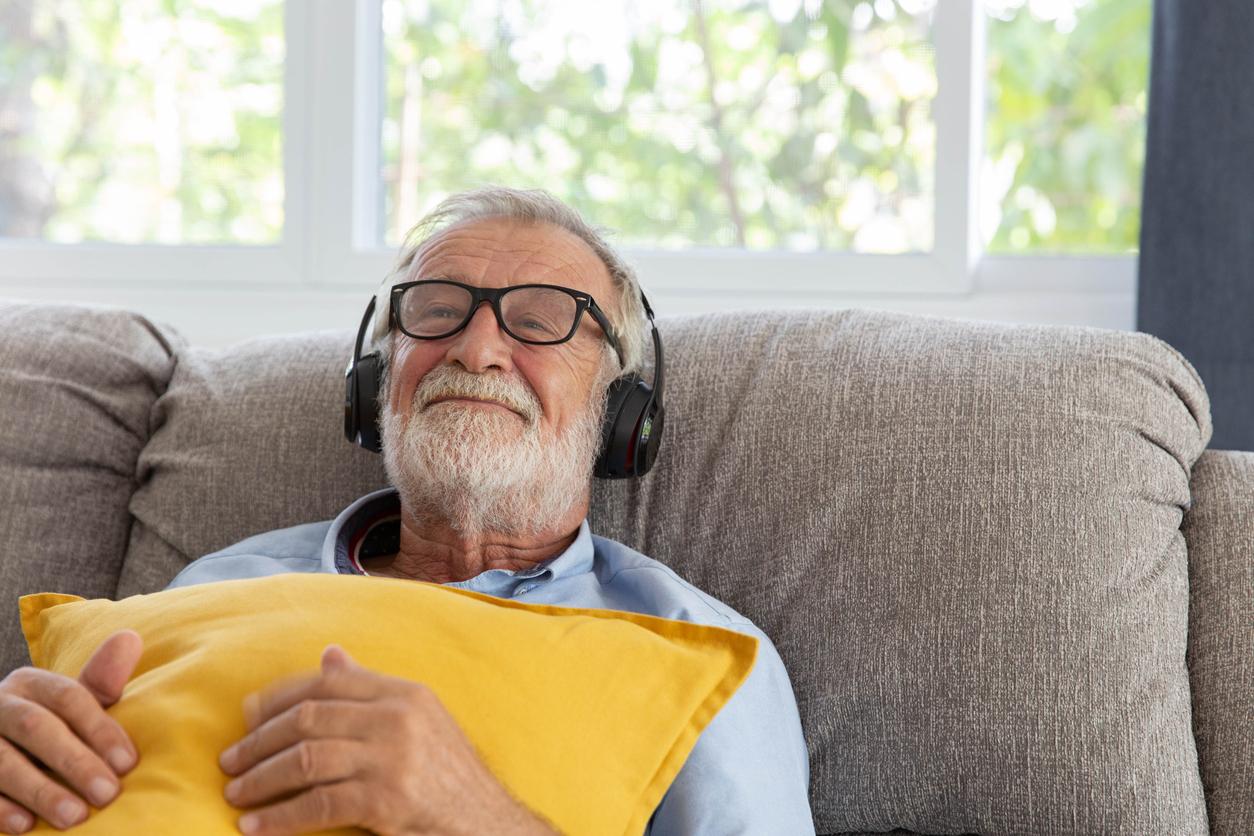January 25, 2005 – Listening to pleasant music would provoke emotions capable of alleviating pain.
Several studies tend to show that music can play an analgesic role, but none has yet explained how it acts on pain. This is what researcher Mathieu Roy, from the psychology department of the University of Montreal wanted to discover.1 as part of a preliminary study, by asking the following question: is it the attention that the music elicits in the patient or the emotion that it provokes that would reduce his perception of pain?
For the purposes of his research, Mr. Roy and his team selected six musical excerpts, of which three were rated “pleasant” and three “unpleasant”.
Eighteen subjects participated in the clinical trial, in which four hotplates were attached to one of their forearms. The session was divided into three 15-minute sequences: during the first, the subjects listened to three extracts of pleasant music; in the second they heard three snippets of unpleasant music; in the last sequence, they were subjected to three periods of silence of five minutes each.
Then, for each of the musical extracts or periods of silence, the hotplates rose, at random, to 40 ° C, 45.5 ° C, 47 ° C or 49 ° C. Participants were then asked to note the intensity of the pain caused by the heat and give an estimate of the temperature to which they had just been subjected.
Pain reduced by 15%
“Analysis of the data revealed a correlation between emotions and pain: the more the subject considered a pleasant extract, the more the pain he felt was reduced”, indicates Mathieu Roy. At the same temperature, the pain felt by all the subjects was on average 15% lower when they listened to the pleasant extracts than when they were silenced.
On the other hand, the perception of heat was not altered by the nature of the music: at such a temperature, the subjects made the same evaluation of the degree of heat, regardless of the extracts they listened to. Mr. Roy and his team therefore concluded that it is indeed the affective component that is at play in the pain reduction mechanism. They now want to go further and observe, using magnetic resonance imaging, how brain waves interact under such circumstances.
According to Mathieu Roy, this discovery – recently presented at a conference – is consistent with the results obtained during trials where we had measured the impact on pain of emotions felt while listening to a film, seeing a picture or inhaling certain smells.
“But music has the advantage of being accessible at all times – at home, on the road or even while walking,” concludes Roy. The important thing is that the repertoire arouses good emotions ”.
Martin LaSalle – PasseportSanté.net
According to Forum.
1. Roy M, Plante K, Bédard L, Peretz I, Rainville P, Effects of the emotional valence of music on experimental pain, 2004. Unpublished study.
















